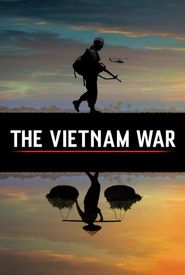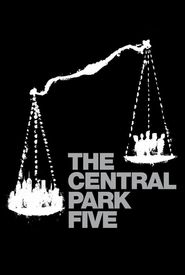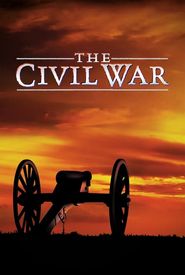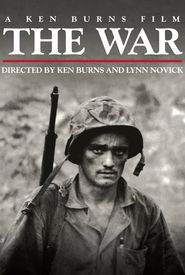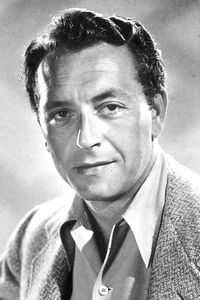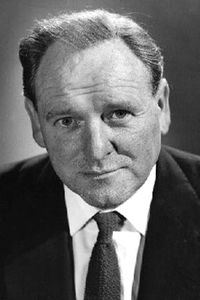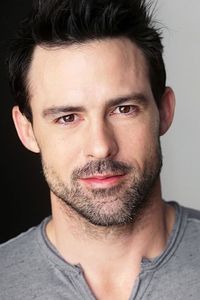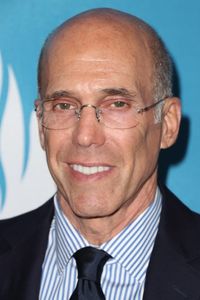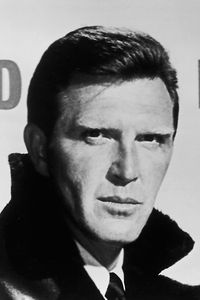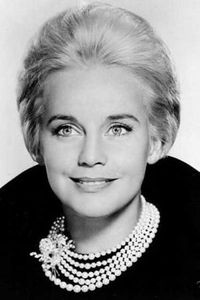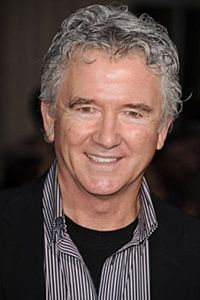Ken Burns, born in 1953, is a renowned American documentarian who has built a remarkable reputation and a devoted audience through a series of thoughtful and nostalgic explorations of American history and culture. His documentaries are treasure troves of archival materials, meticulously crafted to transport viewers back in time through the use of period music, footage, photographs, and correspondence from ordinary people. Burns' approach to storytelling often involves the use of professional actors to bring personal letters and diaries to life, eschewing a traditional "Great Man" narrative in favor of a more nuanced and humanizing portrayal of historical events.
As a non-fiction filmmaker, Burns wears many hats, serving as writer, cinematographer, editor, music director, producer, and director on his projects. His magnum opus, the 11-hour documentary "The Civil War," premiered in 1990 and became a phenomenal success, winning two Emmys and shattering all previous ratings records for public television. The accompanying coffee table book sold over 700,000 copies, and the audio version, narrated by Burns himself, was a major best-seller. The film's commercial success was unprecedented for a documentary, grossing over $100 million and cementing its status as a perennial fund-raising staple for public television stations nationwide.
Burns' career began with the Oscar-nominated "Brooklyn Bridge" in 1981, a nostalgic chronicle of the construction of the iconic landmark. The film was rebroadcast on PBS the following year, introducing Burns' work to a wider audience. He has since made numerous non-fiction films for theatrical release, including an acclaimed portrait of Depression-era Louisiana governor Huey Long, as well as documentaries exploring American icons such as the Statue of Liberty, the United States Congress, and the life and work of painter Thomas Hart Benton.
Burns' most ambitious project to date is his 18-hour history of baseball, which aired on PBS in the fall of 1994. This sweeping narrative explores the national pastime as a lens through which to understand the changes in modern American society, and was aptly timed given the ongoing baseball strike at the time. Despite the challenges faced by the sport, Burns' documentary proved to be a singular success, offering a thoughtful and engaging exploration of America's favorite pastime.

